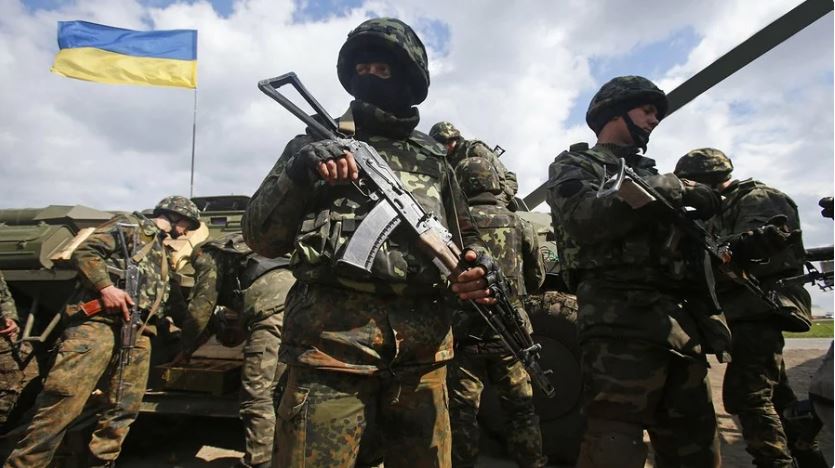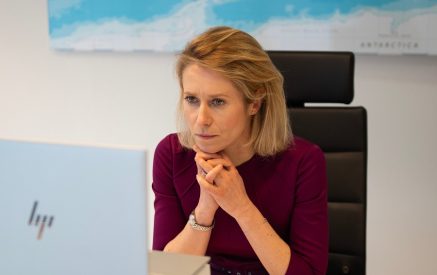The positive example of Ukraine is before our eyes
When I write in praise of Ukraine, the leader of that country, and the heroic resistance of Ukrainians to Russian aggression, some of the readers (primarily those who sympathize with Putin and his policies) ask me a rhetorical question: “What, you want the same thing to happen to Armenia that is happening to Ukraine now?”
I cannot give a definite answer to that question. I certainly don’t want Yerevan to be attacked by enemy missiles and UAVs (Unmanned Aerial Vehicle) almost daily, as in Kyiv. But I want civil nationalism to be dominant in public thinking in Armenia.
As Ernest Renan, a French historian of the second half of the 19th century, famously put it, “The nation is a daily plebiscite on how to live together.” Renan is considered one of the founders of the theory of civic nationalism; in the literature, this theory is also called liberal or democratic nationalism (civic nationalism, democratic nationalism, liberal nationalism), which is opposed to ethnic nationalism. According to the French thinker, in that case, the nation becomes a unity living with certain ideas. That is how the Ukrainian civil nation manifests itself during the war, which includes Ukrainians, Russians, Jews, and many other nations, including Armenians, to our credit. These people are ready to fight and, if necessary, to die, but not to give up their homeland, the state called Ukraine, to the enemy. Ukrainians with such qualities elected their leader, Volodymyr Zelenskyy. Armenians elected Pashinyan in 2021, and that says a lot.
Read also
Being a civil nation, Ukrainians resist aggression, which is why the world is helping them. We live with a non-existent “peace agenda” and are effectively left alone. That’s what matters to me. The rest of the issues that are brought into circulation are secondary. It makes no sense to steer the conversation toward that is better, Russia or NATO.
Yes, Russia has attacked a neighboring country and is bombing its territory. But it’s not like, for example, the USA never attacked and bombed anyone. All empires are alike and worthy of each other in both their cynicism and hypocrisy. The Russian-Ukrainian war is also, naturally, due to the interests of the empires. But engaging in “geopolitical analysis” when your neighbor is waging war against you (and a blockade is undoubtedly a form of warfare) distracts people from the main issue: organizing resistance. And for that, we are obliged to become a civil nation.
There are two alternatives to this. One is the “proud citizen” who lives with the “resentment” of revenge against the “former”; the other is “ethnic lopsidedness” when some historical reality becomes not a basis for action but an object of idle chatter. That second version is particular, of course, not only for Armenians.
In the first decades of the 20th century, James Joyce, mocking the similar approach of his Irish, imitated such speeches: “We also set our eyes on Europe,” says the Citizen. We were doing trade with Spain, the French, and the Flemish, and when these mixed dogs did not kitten yet, the Spaniards came by boat after beer— the “wine ships of our maroon sea” (translated by Samvel Mkrtchyan).
The Irish eventually became a civilian nation with significant loss, sacrifice, and the Ukrainians did the same. We still have a long way to go. Moreover, it is essential to understand that it is not an exam you pass once and then can relax. It is, as Renan noted, “a daily plebiscite.”
Aram ABRAHAMYAN
“Aravot” daily, 18.07.23























































